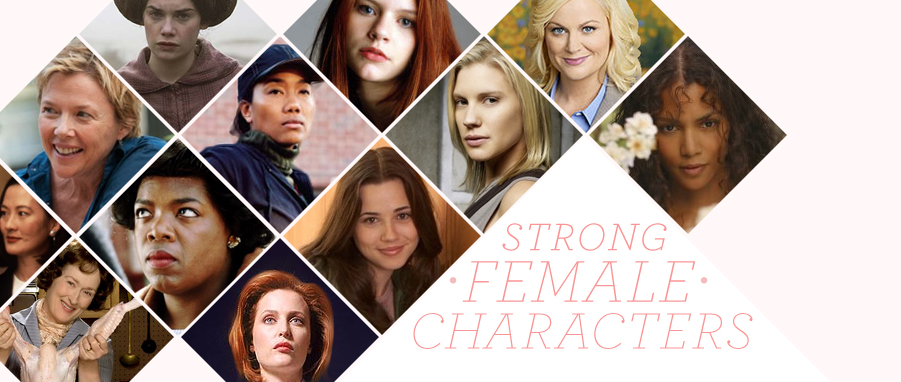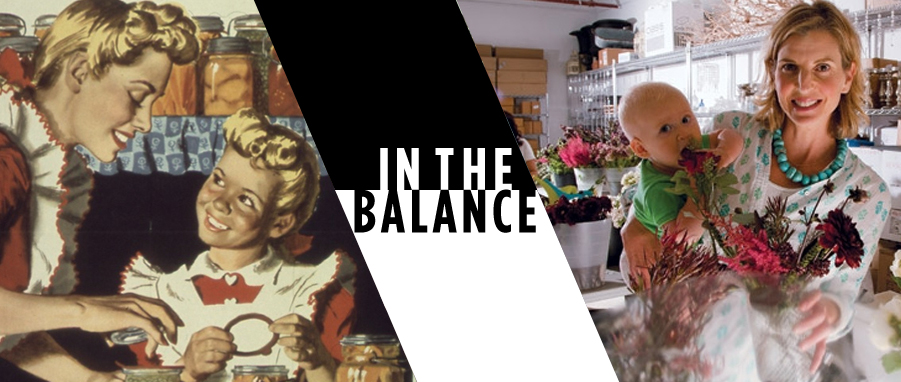By Joy Netanya Thompson Remember the song “It’s Raining Men”? Well, I’ve never experienced such a phenomenon, but for the past year it’s definitely been raining babies around here. It’s like the windows of heaven have been opened and new little souls are falling into my life everywhere I look. I no longer have a newsfeed on Facebook; it’s now a baby feed.
I suppose I shouldn’t be surprised. I’m 28, and most of my friends are my age and into their early thirties. It’s “time”—whatever that means. Since my husband Robert and I married a year ago, we’ve always laughed off the “so when are you having kids?” question with “oh, ten years or so” kind of answers. But the deluge of babies in my life are having an “everybody’s doing it” (literally—HA!) peer pressure about them, and I’m second-guessing the loose timeline we’ve created.
But the truth is, I am terrified of having a baby. I’m scared of losing the life Robert and I share, of losing freedom and fun and, yes, my halfway decent figure. I pop birth control pills with the determination and discipline of a soldier—no babies on my watch. All the while in the back of my mind I hear a little tap-tap-tap, the secret code the Holy Spirit uses to let me know fear is driving my actions. This isn’t the first time—it’s my MO to draw up the blueprints for my perfect life and present the plans to God, asking him to bless them.
My reluctance to experience one of the most life-changing events possible is not surprising—I’ve never liked change. In the past, though, God has had a way of preparing me for change long in advance so I’m not a total basket case when it arrives. Back in my post-college traveling days, marriage was a totally unappealing idea to me. I wondered if perhaps I would turn out to be a single missionary after all. But I knew that deep down, one day, I wanted to be married. The preparing of my heart came so slowly and gradually that the first time I actually admitted out loud I wanted to find someone and get married, it still surprised me.
I can’t say I’ve gotten the hang of marriage yet, but I do like the feeling of getting the hang of something, be it a job or a new city or a life stage. The very nature of life, however, never allows you to stay in that place for long—knowing what’s best and most effective, how to avoid mistakes and conflict. In Barbara Kingsolver’s The Poisonwood Bible, one character says, “To live is to be marked. To live is to change, to die one hundred deaths.” And this, truly, is what I am resistant toward. I am resistant toward those hundred, those thousand deaths that make up a true, growing life, keeping us from stagnation and decay. The death of dependence as I walked into adulthood and learned to pay my own bills and manage my own affairs. The death of childhood friendships as we diverged into different life phases—marriage, children, singleness—and could not keep our ties tight enough. The death of dreams, of relationships, of innocence, of longtime habits and sins, of ideals and ignorance. We all die these deaths.
And yet if we have lived long enough to be marked by death, we know by now the great mystery that death brings life; all births require a kind of death. To live is to die a hundred deaths, but you might as well say to live is to be born over and over again. It is the approach to that birth that we fear and resist and see as death. But the pain of letting go of my girlish dependence made way for the birth of the woman Joy. One day, this fear and pain of giving up my independence will make way for myself to be born again as a mother—just as the literal pain I endure will bring forth my own baby. Frederick Buechner, speaking of Mary giving birth to Jesus as a metaphor for all of us, says we have every reason to be afraid of giving birth. “It is by all accounts a painful, bloody process at best…the wrenching and tearing of it; the risk that we will die in giving birth; more than the risk, the certainty, that if there is going to be a birth, there is first going to have to be a kind of death. One way or another, every new life born out of our old life . . . looks a little like raw beefsteak before it’s through. If we are not afraid of it, then we do not know what it involves.”
And so for me, the labor pains have begun once again. It will be a long labor as I work through my fear and dread of becoming a mother, though I have no idea what that will look like. Perhaps a child from my own flesh, perhaps an adopted baby from somewhere and someone else. But the birthing process, and the first terrified and joyful weeks, will be raw, because that is an essential quality of new life. And I must labor again when I agonize over my children’s taking flight from our nest, and I must be reborn as another woman, another Joy, and learn to give birth to other ideas, relationships, and dreams. Oh God, let me never resist the deaths and the births that make up my life.



















 Before leaving to Myanmar, I had read so much online about it. Mostly, I was concerned about traveling safely in a country where traditions are so different and the political situation quite unstable. We all have heard a lot about Myanmar lately, and not all of it is good news. It seems that Myanmar is heading toward a more democratic government, but still in the outer provinces, those areas that are out of reach for tourists and seem so forgotten, ethnic fighting is happening. While gathering handful information, I learned that Myanmar is quite a bit more conservative than other countries in Southeast Asia, which means I packed t-shirts with leaves and long pants for those days. Knowing that the medical system and the pharmacies are still underdeveloped, I stocked up all the medicines I thought I may need. I learned that banks don’t exist, not to mention ATMs, and that dollars should not be folded or crumpled, or they will not get accepted anywhere. Last but not least, a friend of mine told me that during a trip over there a few years ago he tried to discuss about politics with his Myanmar guide, but there was no way the guy would even start to express his opinion about anything, and he mainly remained silent and looked embarrassed. Therefore, I decided it was wiser not to get involved in a political discussion in public.
These tips being absorbed, I considered myself quite prepared to live a nice trip in a mostly mysterious country.
Before leaving to Myanmar, I had read so much online about it. Mostly, I was concerned about traveling safely in a country where traditions are so different and the political situation quite unstable. We all have heard a lot about Myanmar lately, and not all of it is good news. It seems that Myanmar is heading toward a more democratic government, but still in the outer provinces, those areas that are out of reach for tourists and seem so forgotten, ethnic fighting is happening. While gathering handful information, I learned that Myanmar is quite a bit more conservative than other countries in Southeast Asia, which means I packed t-shirts with leaves and long pants for those days. Knowing that the medical system and the pharmacies are still underdeveloped, I stocked up all the medicines I thought I may need. I learned that banks don’t exist, not to mention ATMs, and that dollars should not be folded or crumpled, or they will not get accepted anywhere. Last but not least, a friend of mine told me that during a trip over there a few years ago he tried to discuss about politics with his Myanmar guide, but there was no way the guy would even start to express his opinion about anything, and he mainly remained silent and looked embarrassed. Therefore, I decided it was wiser not to get involved in a political discussion in public.
These tips being absorbed, I considered myself quite prepared to live a nice trip in a mostly mysterious country.



 I’m not sure what the answer to my questions might be, but I’m sure of one thing–Myanmar is a country that can change you deeply. I changed over there. Like a snake, I left my skin behind, and soon was ready to get warmer under new sun rays, free from the past, eager for a new future and willing to learn how to make a day out of a single smile.
I’m not sure what the answer to my questions might be, but I’m sure of one thing–Myanmar is a country that can change you deeply. I changed over there. Like a snake, I left my skin behind, and soon was ready to get warmer under new sun rays, free from the past, eager for a new future and willing to learn how to make a day out of a single smile.






 Dearest Clara,
Dearest Clara,
